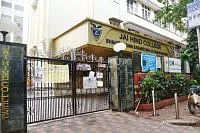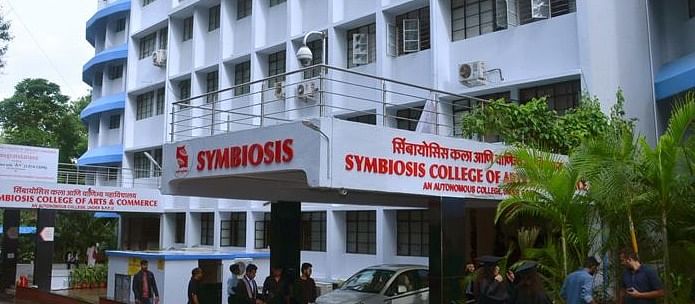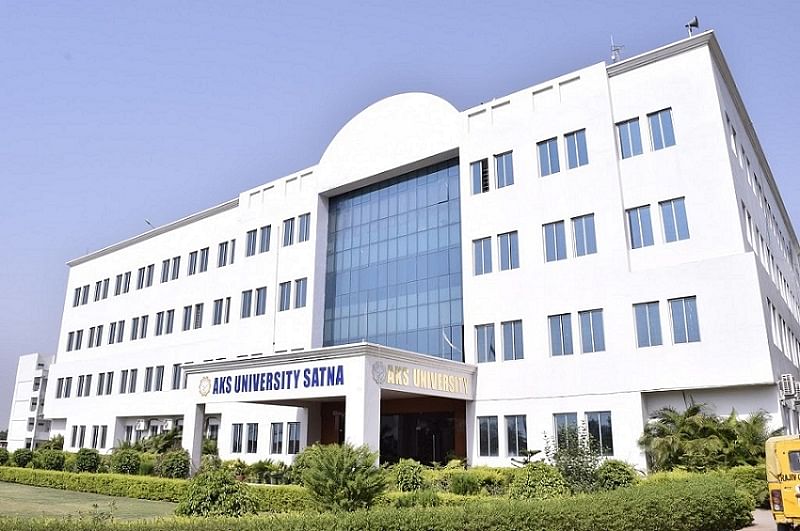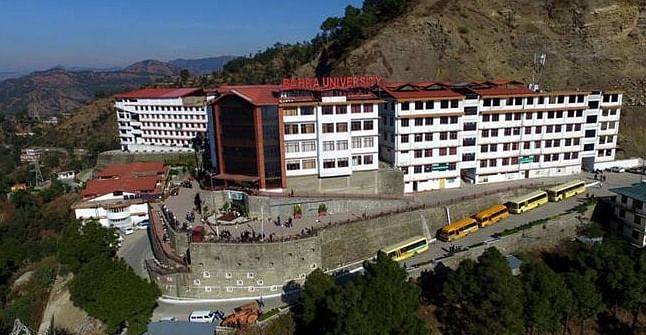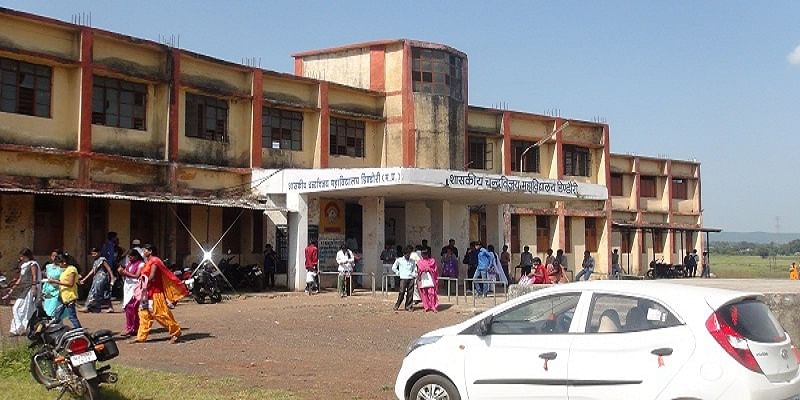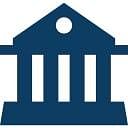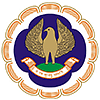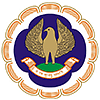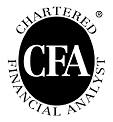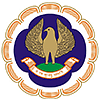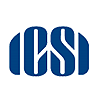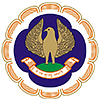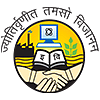B.Com Economics Syllabus and Subjects

BCom Economics subjects covers fundamental topics like Economics policy, Trade, Legal Studies, etc. The B.Com Economics is divided into eight semesters over three years, comprising of core, practicals and elective subjects. The elective subjects offered may differ between institutions.
The BCom Economics syllabus covers a wide range of concepts that can enhance job prospects for graduates in both private and government sectors. Some BCom Economics job roles for graduates include data analyst, research associate, trainee engineer, and software developer.
Table of Contents
B.Com Economics Subjects
The field of B.Com Economics subjects cover three major category- core, elective, and lab. These subjects cover a wide range of topics, such as Economics Policy, Legal Studies, Money, Banking, and more. Below is a list of B.Com Economics subjects.
BCom Economics Core Subjects
The BCom Economics covers fundamental coursework in its core subjects. Here is a list of the core subjects for BCom Economics:
- Economic Policy
- Legal Studies
- Money and Banking
- Global Finance
- Economic History
- International Trade
- Collective Decisions
- Econometrics
BCom Economics Elective Subjects
BCom Economics offers a variety of elective courses that cover both discipline-specific and skill-based. Here's a list of the elective available in B.Com Economics subjects:
- Management Accounting
- Principles of Microeconomics
- Cengage Learning
- Banking
- Communication
- Economics
- Labour Relations
BCom Economics Lab Subjects
The BCom Economics syllabus includes lab subjects that equip students with the necessary skills for economics. Here is a list of the lab subjects included in BCom Economics:
- Economics
- Income Tax
- Computerized Accounting Systems
- Accounts
- Statistics
B.Com Economics Subjects In Detail
The following table displays a list of BCom Economic Subjects along with the corresponding topics covered in each subject.
| B.Com Economics Subjects | Topics |
| Business Economics | Exploring the subject matter of economics, Supply and Demand: How Markets Work, Markets and Welfare, Households, Firms and Perfect Market Structure. |
| Macro Economics | Introduction-Overview of Macro Economics, Classical and Keynesian Economics, Post Keynesian Developments in Macro Economics, Money, Prices and Inflation. |
| Foundation of Public Finance | Introduction to Public Finance, Public Revenue. |
| Indian Economy | International Trade and Balance of Payment, Monetary Policy, Fiscal Policy, Federal Finance System, Economic Reforms in India, Agriculture and Cooperation . |
Semester-wise BCom Economics Syllabus
The BCom Economics syllabus teaches essential topics, including Accounting, Micro and Macroeconomics, Statistics, and Cost Theory. It gives students a firm grasp of the relationship between commerce and economics. The tables shown below are the semester-wise breakdown of the B.Com Economic syllabus:
B.Com Economics Syllabus for First-Year
Here is the Business economics syllabus for B.Com 1st year :
|
Semester I |
Semester II |
|
Economy of India |
Statistics Principles |
|
Macroeconomics |
Cost Practice and Theory |
|
Financial Accounting |
Financial Market Operations |
|
Business Communication |
Company Accounts Principles |
|
Partnership Accounting |
Commercial Bank Management |
|
Business Regulatory Framework |
Personality Development |
B.Com Economics Practicals for 1st Year
The B.Com 1st year Economics syllabus cover a broad range of practicals. The list of these practicals is provided below:
- Financial Accounting
- Business Communication
- Personality Development
B.Com Economics Syllabus for Second-Year
Here is the is the B.Com 2nd year economics syllabus :
|
Semester III |
Semester IV |
|
Business Environment |
Indian Banking |
|
Microeconomics |
Advances of Statistics |
|
Applied Economics |
Advance Cost Accounts |
|
Indian Contract Act |
Management Principles |
|
Management |
Investment Management |
|
Business Organisation |
- |
B.Com Economics Practicals for 2nd Year
The B.Com Economics 2nd year syllabus encompasses a variety of practical topics, including those listed below:
- Advances of Statistics
- Advance Cost Accounts
B.Com Economics Syllabus for Third-Year
Here is the B.Com 3rd year economics syllabus:
|
Semester V |
Semester VI |
|
Public Finance |
Auditing |
|
Insurance Business Principles |
Business Income Tax |
|
Income Tax of Individuals |
Income Tax |
|
Marketing Management |
International Marketing |
|
Managers Accounting |
Project Planning and Control |
B.Com Economics Practicals for 3rd Year
The B.Com 3rd year Economics syllabus includes a variety of practicals as outlined below:
- Income Tax
- Project Planning and Control
- Auditing
BCom Economics Course Structure
The BCom Economics syllabus course structure is based on the CBCS system per the UGC recommendation. The core, elective, and lab form the essential components of B.Com Economics subjects, along with dissertations and internships at the end of the year. The list below highlights the course structure:
- 6 Semesters
- Core and Elective subjects
- Practical Subjects
- Internship
- Project Submission
BCom Economics Teaching Methodology and Techniques
The BCom Economics syllabus uses a teaching approach that focuses on improving students' skills and preparing them for the industry. Here are the teaching methods and techniques used in the program:
- Collaborative
- Process-based & Problem-based Experiments
- Lectures
- Concept Mapping
- Discussion
- Reading
- Hands-on Activities
BCom Economics Projects
BCom Economics subjects provide candidates with crucial knowledge about the subject matter that can help them select a suitable topic for their final project. This project carries a significant weightage in terms of credit and placement. Here are some projects listed in the BCom Economics syllabus:
- Monetary Incentives and Employee Performance
- Analysis of the Contribution of Insurance Companies
- Effects of VAT on Price Stability in the Indian Economy
- Evaluation Role of E-commerce in Reducing Operational Cost in an Organisation
BCom Economics Reference Books
To enhance student's comprehension of the commerce industry, the BCom Economics syllabus offers a collection of reference books authored by leading experts. The list of recommended books is provided in the table below.
|
Books |
Authors |
|
Business Economics |
Prof Narasimha Murthy M.S, Dr Nagendra S |
|
Micro-economics |
K.P.M. Sundaram |
|
Fundamentals of Business Economics |
Dr D. M. Mithani |
|
Principles of Economics |
N. Gregory Mankiw |
|
Fundamentals of Business Economics |
Mithani |
Top B.Com Economics Colleges
Top Commerce Entrance Exams
B.Com Economics Fee Structure
FAQs on B.Com Economics Syllabus and Subjects
Q: What are the subjects in B.Com economics first year?
Q: What are the core subjects in B.Com Economics?
Q: Can I do B.Com economics without maths?
Q: What is the scope of B.Com economics?
